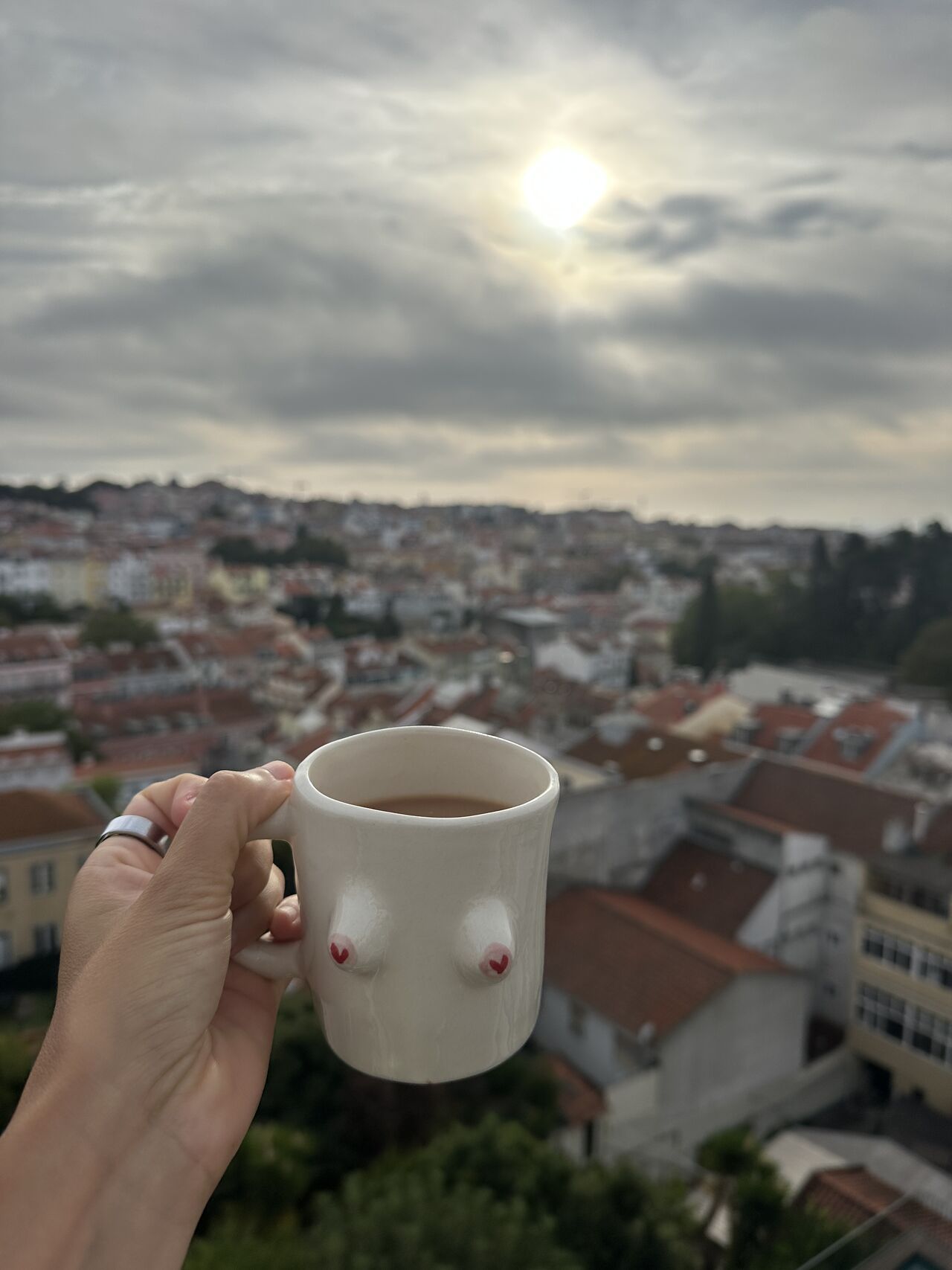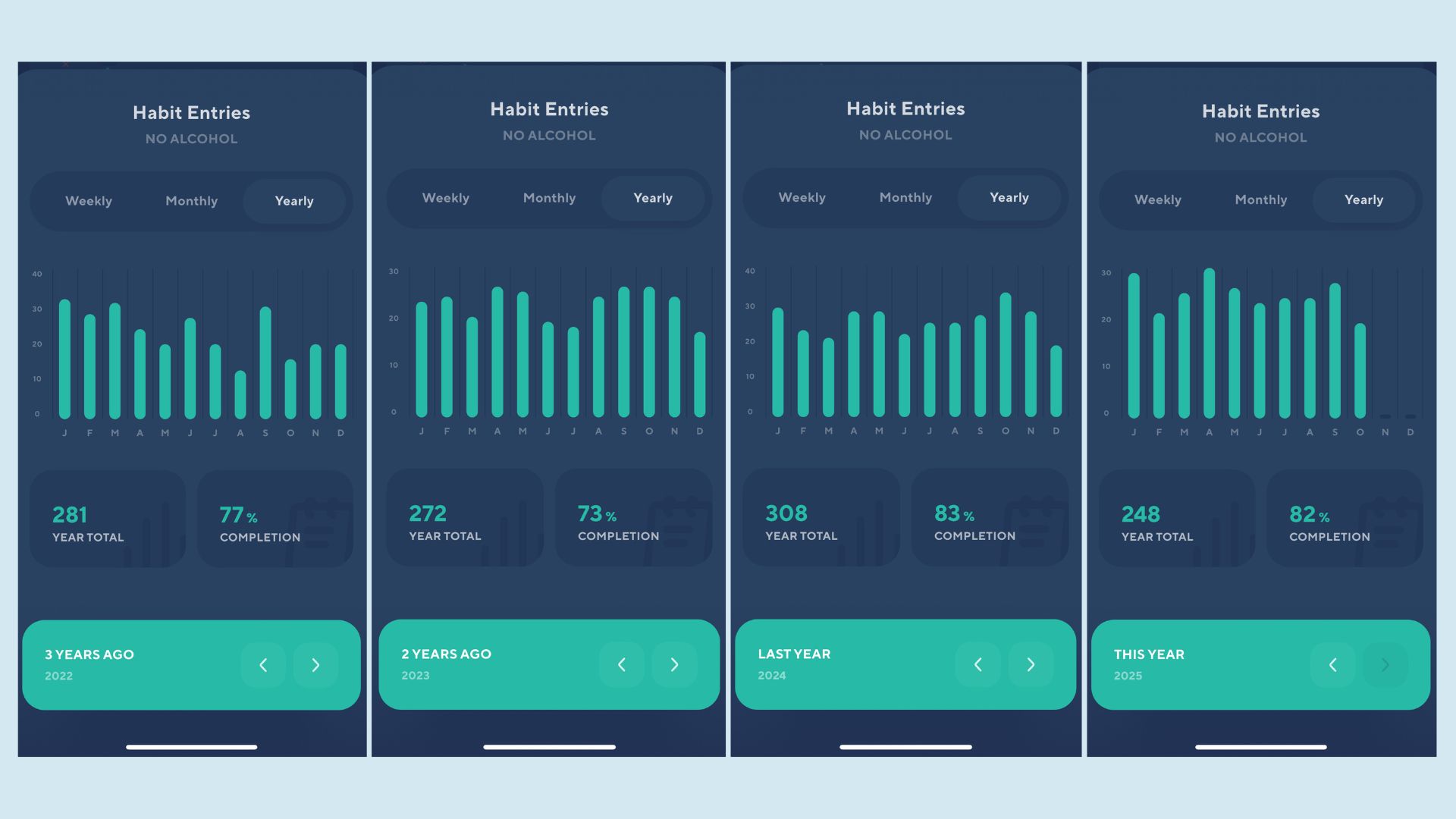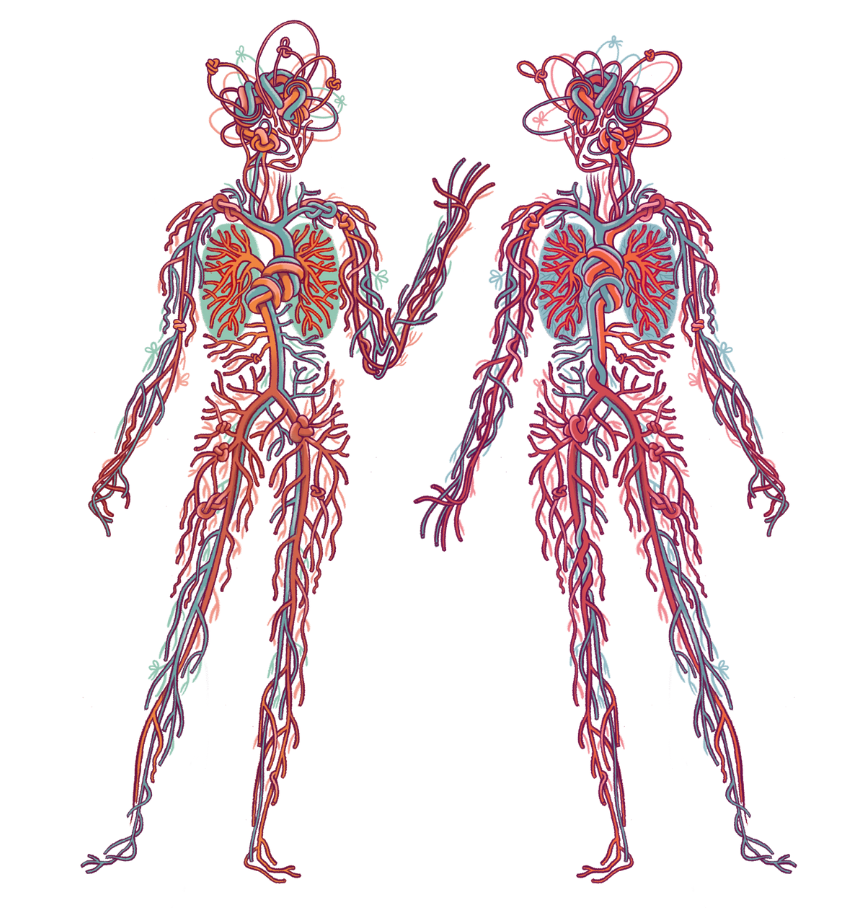24 Oct How to regulate your nervous system: the power of removing vs adding
Just finished my 30 days no caffeine experiment.
It was a success (so much so that I’ll largely continue it), and it made me realize something important about nervous system regulation—the skill I work on with people every day.
We’re great at coming up with tools to “regulate” ourselves: breathing techniques, grounding practices, cold plunges, meditation, movement. And these tools are powerful.
But we’re terrible at the other half of the equation: subtraction.
Regulation isn’t just about what we add. It’s equally about asking, “What am I doing that consistently throws me off balance?” And then being honest enough to experiment with removing it.
This is hard because the things that dysregulate us are often the things we love. Coffee, alcohol, scrolling, Netflix binges. Habits that feel good in the moment but drain us after.
It’s uncomfortable to admit that. It’s uncomfortable to let them go, even temporarily.
But that discomfort is exactly where progress lives. (I’ve experienced it firsthand with alcohol, and now with caffeine.)
Only then do we get the data that matters: “What does my nervous system feel like without this?”
How do you know it’s time to subtract?
When the thing has more control over you than you have over it.
My coffee experiment
For a long time, I had pretty good coffee habits. Wait 2 hours after waking. Nothing past 2 pm.
But recently, that slipped.
I started waking with my body tense, heart racing, one thought: coffee. Not subtle. Loud, automatic, pulling me to the kitchen within minutes. My rational brain whispering: Wait. Move first. Let your body wake naturally.
But the craving was stronger, and within minutes I’d have a cup in my hand.
Throughout the morning, I’d have another one, or two. If I was feeling restless or a bit down in the afternoon, I’d treat myself to a final iced latte.
The day I decided to cut out caffeine for a month, I’d been feeling so wired. A restless buzzing under my skin, my thoughts scattering.
The entire day, I found myself spinning through mental negotiations.
- New rule: one coffee between 9 and 11 am, and only after I’ve moved my body.
- Or switch to matcha? Still caffeine, but smoother, less punchy.
- Ok how about decaf? Keep the ritual, lose the edge.
As I cycled through these options, I realised:
This is so dumb…
If I can’t even consider 30 days without coffee without spiralling, this is basically an addiction.
So, cold turkey. Out.
One month later
I discovered strong decaf black tea with milk—delicious! And I’ve missed coffee less than expected. The first few days were rough, but quite quickly, I noticed:
- Calmer mornings. No urgent pull to the coffee machine
- Lower heart rate, deeper breathing, less chest tightness
- Steadier HRV readings
- Using my breath and body to energize (deep breathing, breath-holds, shaking) instead of defaulting to caffeine
All good things.
I notice less of a difference in terms of rumination and feeling on edge throughout the day, I had expected to be a stronger effect there. I imagine that’s mostly driven by the hours and hours of focused, sedentary staring-at-a-screen work. (Maybe that’s my next experiment?)
Anyway, the one-month mark has gone by and I haven’t felt the urge to drink caffeine yet, which is interesting in and of itself. We have all these fears and thoughts of what something will be like, and more often than not, those are completely unfounded. But you never know unless you test.
I had the exact same experience with alcohol.
 I discovered strong decaf coffee with milk—delicious!
I discovered strong decaf coffee with milk—delicious!
The alcohol playbook
The mental negotiations were identical: Should I drink? Just one? Only red wine? Only with dinner? Nothing past 10 pm? I’d even started dreading big nights out, knowing how wasted the next day would be. But I dreaded being “the boring one” at parties even more. (Talk about having lost control!)
So I cut it out for 9 months. The results were pretty dramatic. I felt refreshed, happier, and suddenly had entire weekends without brain fog to read books, take courses, train for a marathon.
I did miss some social aspects, so it was never about cutting it out forever. So I reintroduced it, but very intentionally. Just like with coffee, I no longer want alcohol to be my default. I started tracking my alcohol-free days:
- 2022: 77% days alcohol-free
- 2023: 73%
- 2024: 83%
- 2025 (so far): 82%
Same as with coffee, I missed it way less than I expected. The beginning is tough, but once you start feeling the difference in your mind and body, there’s no going back.
Big statement incoming: I’m convinced I couldn’t have switched careers (from advertising to breathwork coaching) and write this newsletter for over 4 years if I hadn’t cut back on alcohol the way I did.
 Use an app called Done to track the no drinking days
Use an app called Done to track the no drinking days
The pattern shows up everywhere
I see this same dynamic with clients constantly.
Knowing there’s something they want to change. Intuitively sensing that it will make a big difference, but it feels too big, too difficult, too scary.
Just started working with someone who reaches for his phone whenever he’s stressed. He knows there’s a huge opportunity to experiment with less screen time, to see what life feels like without that constant digital escape.
With another client, it’s alcohol. She’d pour a glass most evenings after the kids went to bed, telling herself it was just to unwind. Her sleep was terrible, and she’d feel brain foggy most days. Yes, we work on her breathing pattern. Yes, we introduce relaxation practices. But we’re also experimenting with removing alcohol for a month, just to see how that affects sleep and anxiety.
So the key question is…
What has more control over you than you have over it?
You already know the answer.
That thing you immediately thought of while reading this? That’s it.
The point isn’t the specific substance or habit. The point is the honesty to stop looking away and actually test life without it. Not forever. A couple of weeks. A month.
Get the data. See what your nervous system feels like without it.
And if you could use some help, reach out. We’ll explore where you are, what you’re curious about subtracting, and whether my training approach resonates.
